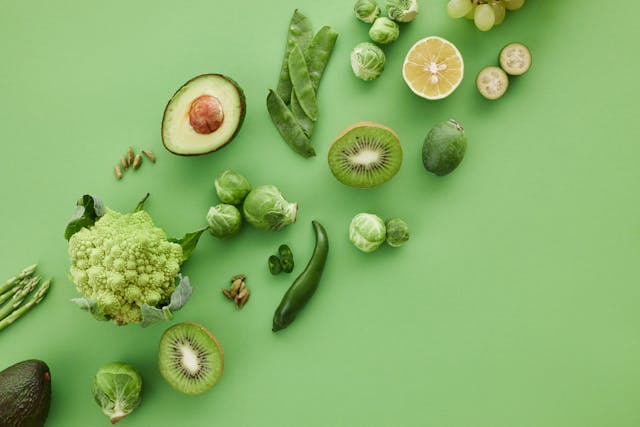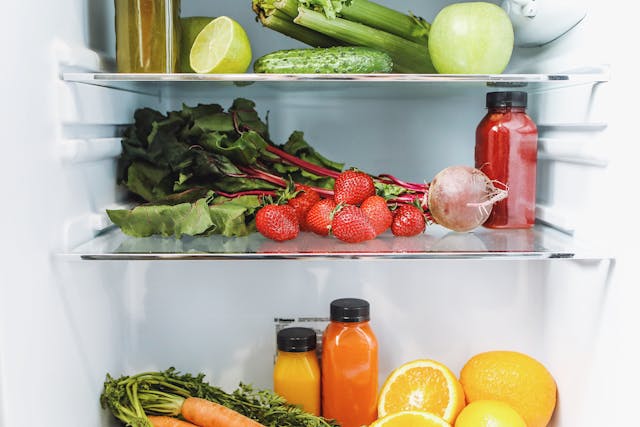Most people have tried and failed on several health habits such as zero-carb or minimal carb intake, diet shakes (instead of a healthy meal), and protein-only diets. While they have recognizable benefits, they’re largely unsustainable in the long term. This is because quick-fix healthy habits only address short-term issues with short-term benefits. Sustainable health is all about prioritizing and practicing long-term wellness while reducing its negative impact on your body and the environment. If you’re tired of the short-term quick fixes, use these tips to build more sustainable health habits.
- Increase your intake of fruits and vegetables

It sounds simple, and you’ve probably heard it a million times already, but eating more fruits and vegetables is a fundamental part of any healthy habit. Even better, it’s sustainable both for the body and the environment. These superfoods are rich in essential nutrients and antioxidants capable of protecting your heart, brain, and digestive health. They are also filling and can easily lower your calorie count and reduce your risk of chronic diseases. But there’s no need to drum up their already well-documented health benefits. Fruits and vegetables are a more powerful addition to any healthy lifestyle than the most expensive shakes. When it comes to sustainability, they have been proven to have a lower environmental impact, especially when compared to meat or animal products. They require fewer resources to produce, and studies show that they have a lower carbon footprint.
- Buy only the things you need
Several health-related products are currently available on the market, each promising different wellness solutions, ranging from supplements and medications to shakes. Unfortunately, most of these things go through extensive production processes with varying levels of impact on the environment. Believe it or not, the pharmaceutical industry alone is responsible for 16.25% of global carbon emissions, according to recent studies. Also, most of their solutions are only short-term and not sustainable. However, that’s not to suggest that they’re not important, as they play different roles when it comes to improving health. But it’s advisable to only invest in the products you need to treat specific health issues. It’s also best to invest in products with lesser impact on the environment. For example, if you need to boost your brain health, you can start by focusing on foods like avocado, dark chocolate, nuts and seeds. Then you can also try options like coluracetam powder, as studies show it might have a lower carbon footprint compared to traditional pharmaceutical products.
- Check your fridge and kitchen cabinets

An effective and sustainable lifestyle starts with making changes to the things around you, such as the items in your refrigerator, kitchen cabinet, and cupboards. It also means making important tweaks to your morning and nighttime routines. If you stock up on unhealthy foods, drinks, and snacks, for example, those are the things you’re most likely to eat. On the other hand, if you only buy nutritious food, that’s what you’ll have at home to eat. In terms of sustainability, healthy foods are mostly plant-based, which studies have shown have a lesser environmental impact. But you can make this even more sustainable by sourcing your food products from local farms, especially the ones that use sustainable agricultural practices.
























